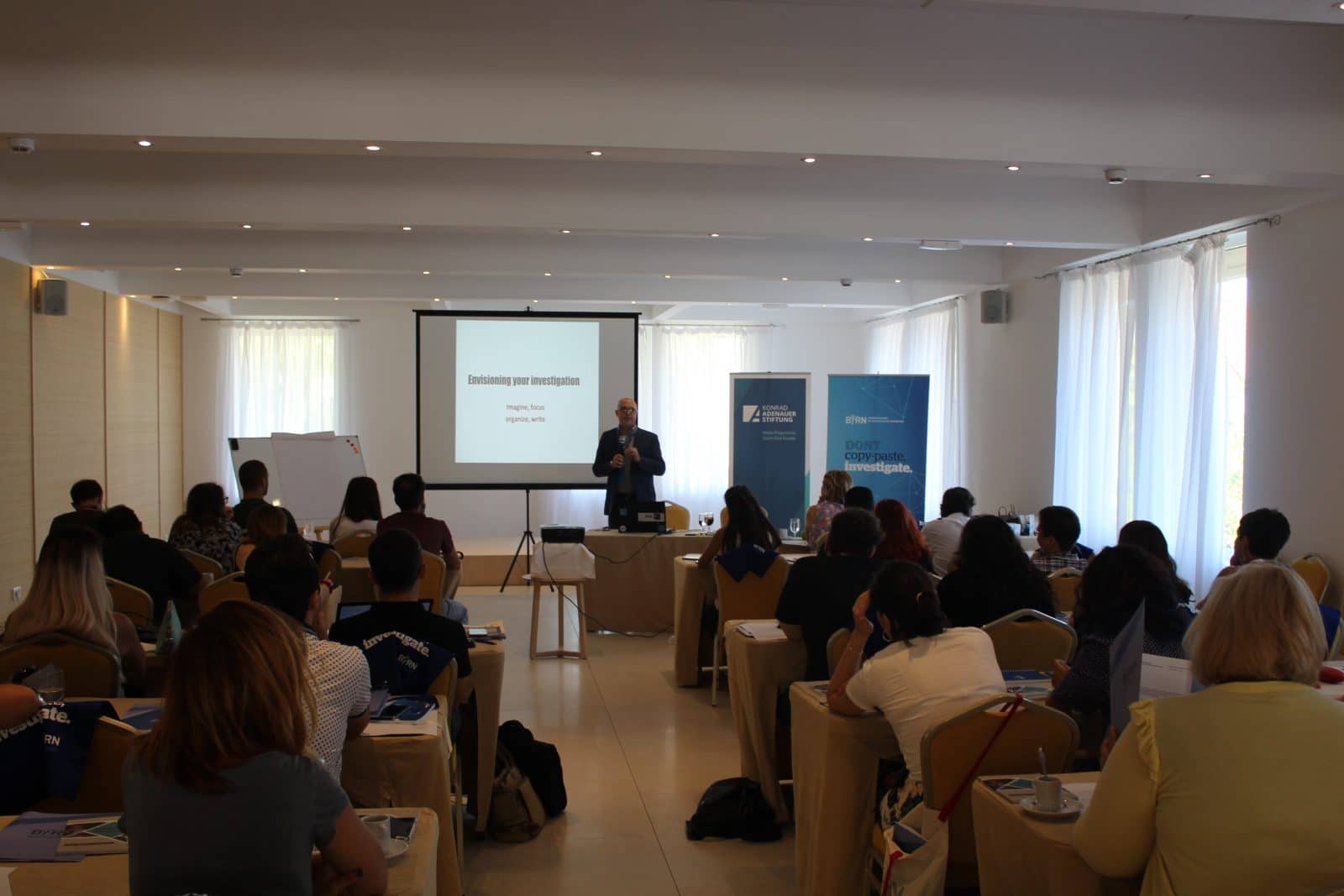As part of its Investigative Reporting Initiative programme, the Balkan Investigative Reporting Network is looking for five journalism students who wish to learn from dedicated journalists and editors in a course of three months.
The programme will provide the successful candidates with a key theoretical foundation, followed by systematic but very practical investigative work. The selected candidates will receive online training from experienced journalists at the beginning of the programme and
spend the rest of the internship working on investigative stories, while receiving support to understand and learn about the most relevant procedures.
BIRN is offering the five placements to applicants from six Balkan countries: Albania, Bosnia and Herzegovina, Kosovo, Montenegro, North Macedonia and Serbia. You will work from home or from your newsroom, as the programme is due to take place online.
Who can apply?
Journalism students from Albania, Bosnia and Herzegovina, Kosovo, Montenegro, North Macedonia and Serbia.
How to apply?
Applicants should submit the following documents to ivana.nikolic@birnnetwork.org in English before September 21, at midnight Central European Time:
● Applicant’s CV (in English)
● Motivation letter (in English)
● Work sample (translated into English; school assignments are eligible)
● Evidence of status (in English or local language)
The motivation letter should show how you expect to benefit from the programme and your motivation to participate.
Applicants that do not have any published work can submit their student assignments from practical courses in journalism.
Applicants should provide evidence of their current situation. This evidence should include, but not be limited to, confirmation of enrolment at university.
Language:
All applications must be submitted in English; proof of status may be in local languages. The programme’s working language will be English, so advanced knowledge of the English language is required.
DURATION OF INTERNSHIP: October 1, 2022 to December 23, 2022.
DEADLINE: September 21, 2022, at midnight Central European Time




